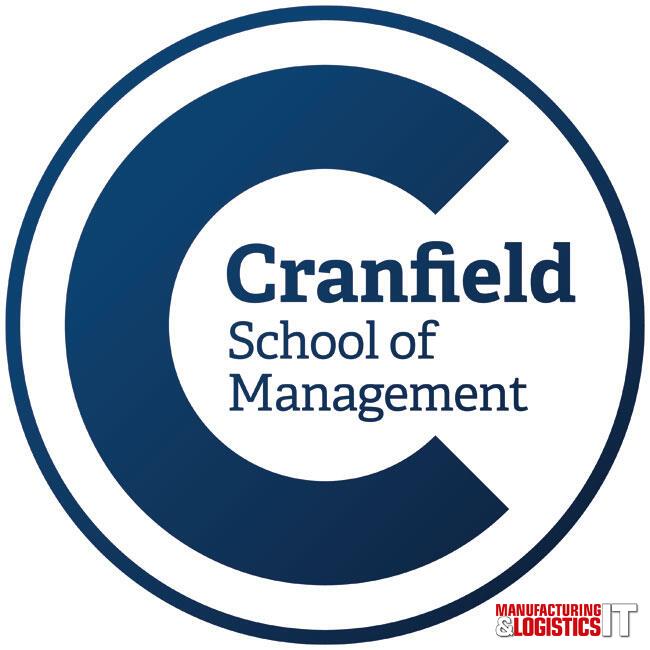An innocent consumer ‘substitution’ could create serious consequences for other supply chains that a critical to society and life, warns supply chain academic Professor Richard Wilding OBE.

During the panic buying of toilet paper and other tissue products it is unlikely that consumers are considering the consequences of using alternative products for the tasks they were not designed for. Thames Water is already warning its customers not to use kitchen towel as a substitute for toilet paper.
Professor Richard Wilding OBE, Professor of Supply Chain Strategy at Cranfield School of Management, said: “We are seeing shortages of toilet paper but worryingly also shortages of paper kitchen towels and industrial paper towel used for example, in garages and workshops and other wipe products.
“If kitchen towels, baby wipes or industrial papers are used as a replacement for toilet paper, our sewage systems could readily become blocked with the resulting chaos and increased health risks associated with this. Ultimately, water companies may not have the infrastructure and equipment to unblock the sewer system.
“A further example of substitutes being purchased is the panic buying of dust masks. As shortages in pharmacies and chemists start to bite, consumers are reported to be turning to building hardware suppliers for face masks and body suits. This means builders, tilers and plasterers or other workers who regularly use masks for protection against airborne particulate matter, for instance, are struggling to get hold of this equipment from certain suppliers.
“Yet the construction industry relies on this protective equipment for people to carry out their work – as employers, companies can’t expect their staff to continue without it and regulations place a duty of care on every employer to provide the appropriate safety equipment. Without such equipment employees are unable to work and companies are subsequently unable to undertake work. UK companies who supply these sectors are starting to feel the strain on certain protective equipment items and this needs to be monitored very carefully.”
“The issue where a seemingly unrelated supply chain channel causes disruption is known as a ‘supply chain parallel interaction’. In this case, the consumer supply of medical face masks is drying up, so customers turn to industry sources. Similarly, the substitution of kitchen towels for toilet paper will have a knock-on effect of disrupting the sewage treatment supply chain – causing shortages in their supply chain as a knock-on effect and a disrupting a seemingly unrelated industry."

Add a Comment
No messages on this article yet